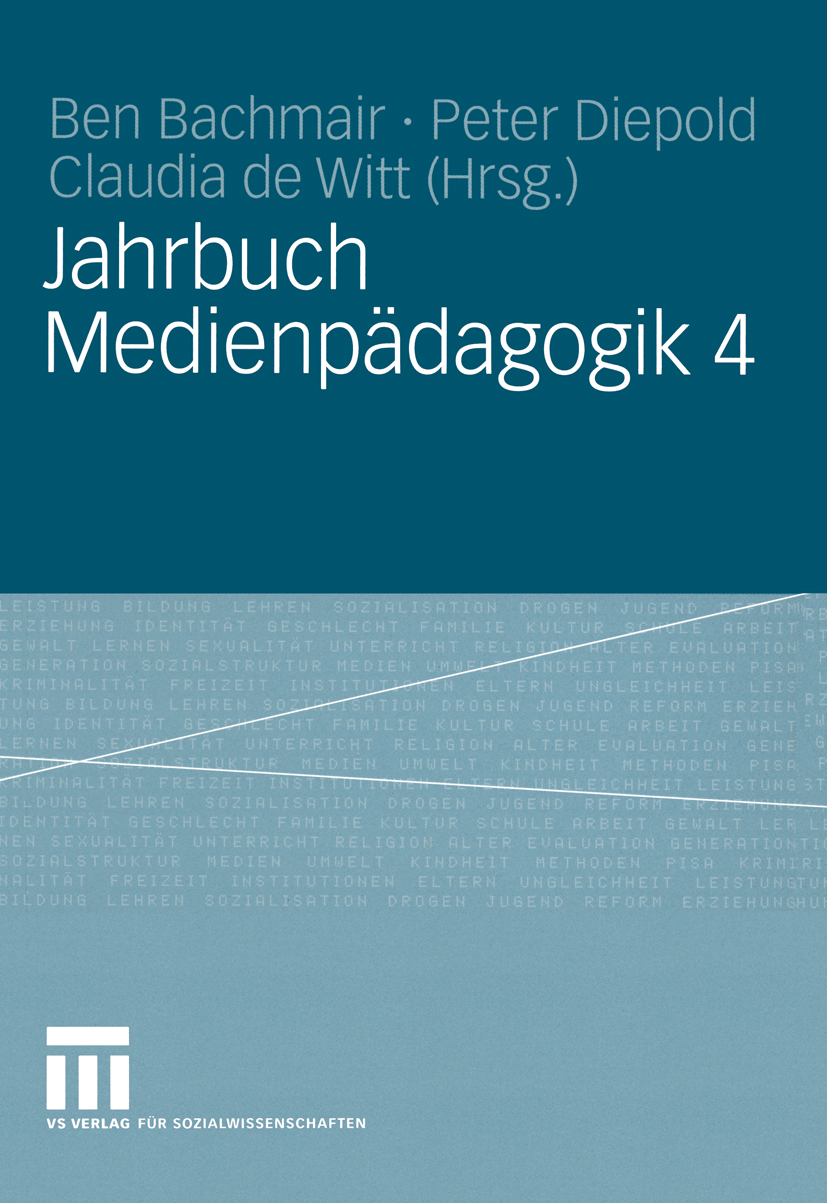Abstract
This article is part of the effort to better describe and analyse the phenomenon of media literacy among young people. In doing so, we start from an understanding of media competence that is oriented towards the four dimensions proposed by Dieter Baacke (1996) (media criticism, media use, media knowledge, media design). Within the framework of the DFG project "Investigation of media use behaviour of 13-18 year olds and development of media competence in adolescence", we are empirically investigating the media behaviour of young people based on the Bielefeld media competence model (Treumann/Baacke et al. 2002). In a quantitative survey, we first operationalised and collected the dimensions of media competence. Furthermore, in qualitative interviews, we concretise the media competence of young people in terms of content and, in selected cases, also open it up hermeneutically in a reconstructive way. The individual interviews serve to comprehensively survey media behaviour and the various levels of media competence and to relate them to the quantitative data within the framework of a cluster analysis. Within the framework of group discussions, the collective orientations of young people in their analytical-reflexive engagement with media and thus the dimension of media criticism are empirically explored.

